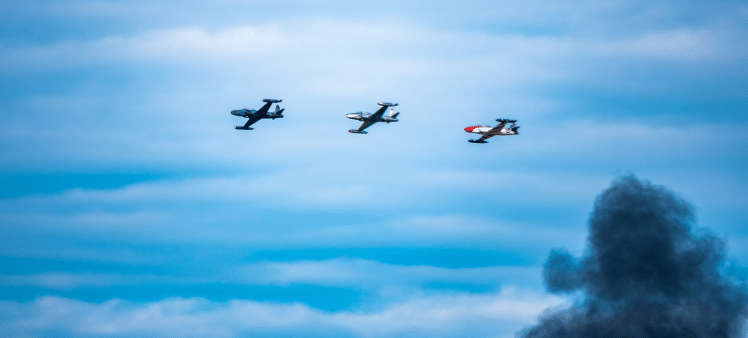Health care in danger
Hosted by the Norwegian Red Cross, in collaboration with PRIO and the NCHS, this webinar explored how to better protect health care in conflict.
This seminar was hosted by the NCHS and the University of Oslo (UiO) to discuss trends in attacks against health facilities and health personnel.
The post-9/11 environment and the politics of the “global war on terror” reshaped the operating environment and augmented the risks for individual aid workers and aid agencies. Nevertheless, the high number of aerial or shelling attacks that has struck health facilities in war zones in 2015 and 2016 indicate that a new form of threat to aid workers and civilians has emerged in the form of deliberate attacks against medical facilities and medical convoys.
While American, Russian, Saudi, and Syrian authorities (and others) explain or acknowledge their responsibility for these attacks in very different ways, international humanitarian law (IHL) appears to play a marginal role as events unfold. While MSF, among others, have called for the International Humanitarian Fact-Finding Commission to investigate these attacks as serious violations of IHL, there are disagreements about the relevance of this potential contribution.
More generally, the continuous deliberate targeting of medical facilities protected under IHL and the unwillingness of the international community to respond effectively — or even to condemn the attacks forcefully — also raises important questions about the future role and relevance of IHL in the international domain.
Similar questions surround the apparent failure of humanitarian diplomacy to stop these attacks from becoming standard practice in the theatre.
Noting these challenges, the panelists reflect on the following issues:
Panelists include:
The seminar was held on 14 October 2016 and chaired by Kristin B. Sandvik (PRIO).
